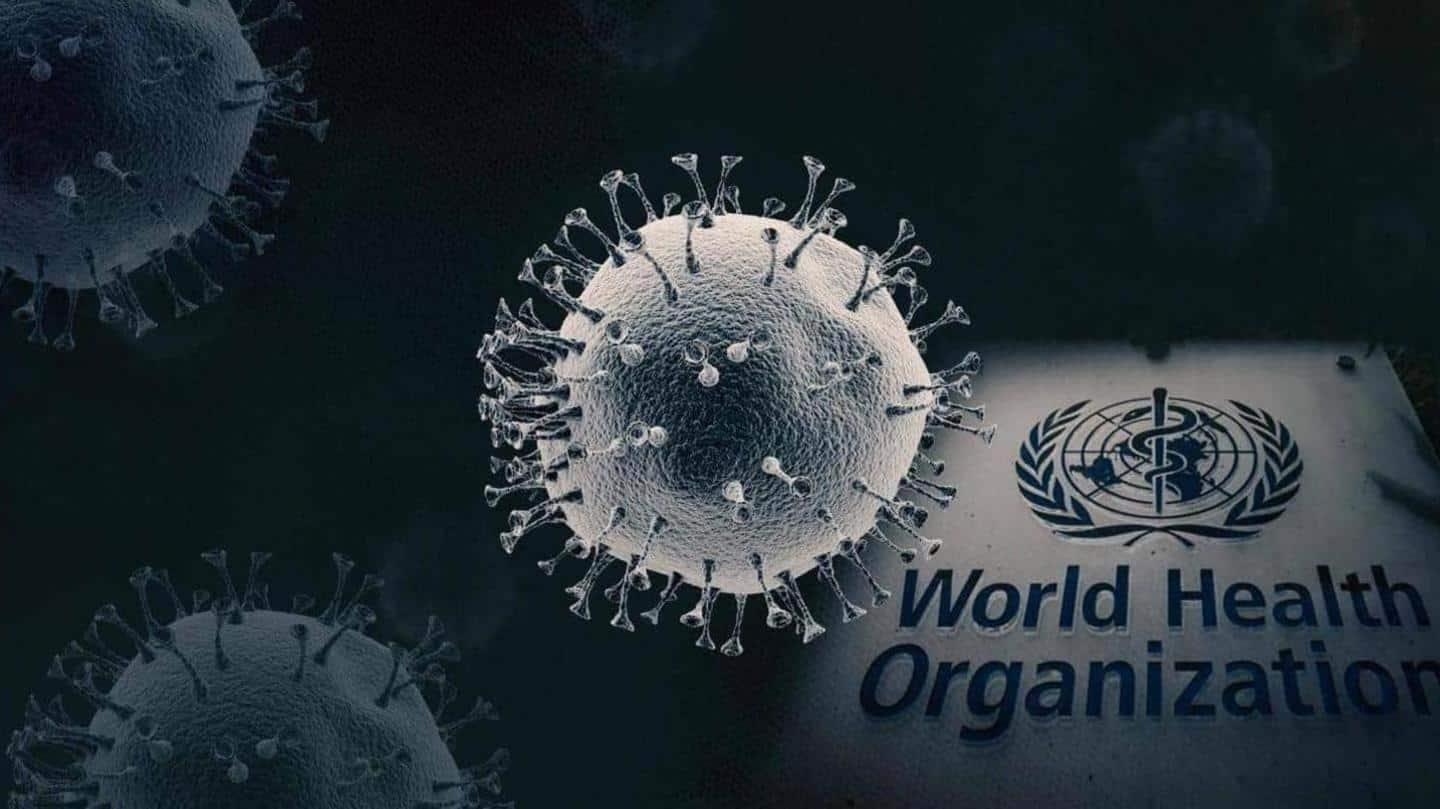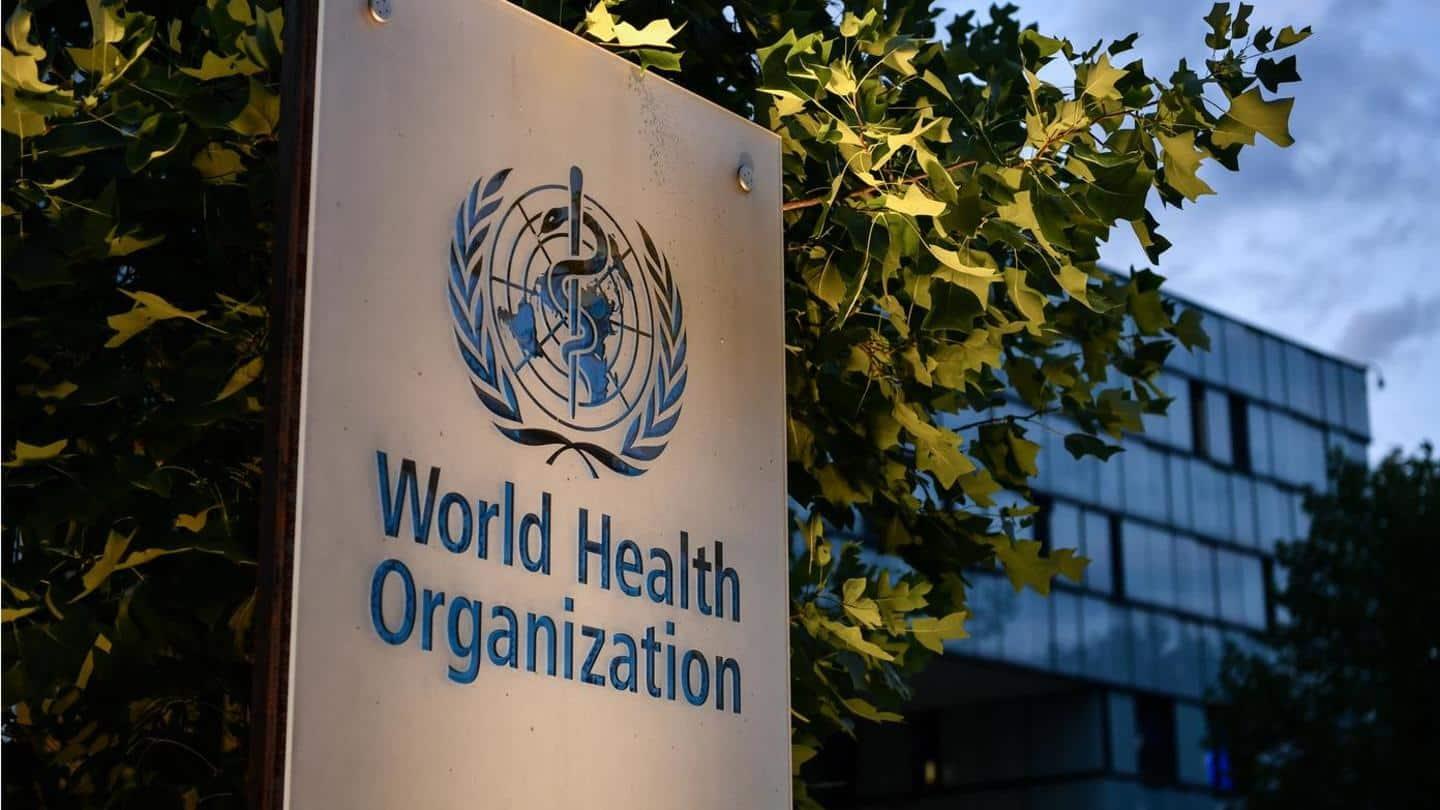(MENAFN- NewsBytes)
The WHO is working with technical partners to ascertain the variant's potential impact on vaccines. Studies are pending to determine the transmissibility of the variant, severity of its infections, symptoms, and the efficacy of diagnostic tests, vaccines, and treatments.
Takeaways Why does this story matter?
Notably, the Omicron variant has triggered a global alarm and has been tagged as a variant of concern (VOC) by the WHO. The health agency is coordinating with global researchers to better understand the new variant. Several countries have imposed fresh COVID-19-related travel and lockdown restrictions amid concerns that the variant may cause infections to spike.
Details Does Omicron increase risk of reinfection?

Preliminary evidence suggests that the Omicron variant may increase the risk of reinfection compared to other VOCs, the WHO said. 'But information is limited. More information on this will become available in the coming days and weeks,' it added. Omicron's transmissibility—or how easily it spreads from one person to others—compared to other variants, remains unclear.
Severity Does Omicron cause more severe disease?

It is unclear whether Omicron causes a more severe COVID-19 compared to the Delta and other variants, the WHO said. Increased hospitalizations in South Africa may be attributed to an overall spike in infections, the WHO said. South Africa was the first country to detect the variant. Currently, no evidence suggests that symptoms linked with Omicron differ from those of other variants, it added.
Study WHO studies efficacy of vaccines, tests, treatment Studies are either underway or about to proceed to determine the efficacy of COVID-19 diagnostic tests, vaccines , and treatment against the new variant. The WHO said the widely-used PCR test continues to detect Omicron infections. Studies are ongoing to determine whether other tests, including rapid antigen tests, are also effective. Corticosteroids and IL6 receptor blockers remain effective in managing severe COVID-19, it added.
Recommendations WHO recommends actions for countries

The WHO also recommended certain actions to countries to check the spread of the Omicron variant. These include enhancing surveillance and sequencing of cases, sharing genome sequences on publicly available databases, and reporting initial cases or clusters. It further recommended field investigations and laboratory assessments to better understand if Omicron has different transmission or disease characteristics.
Share this timelineMENAFN02122021000165011035ID1103290335
Legal Disclaimer:
MENAFN provides the information “as is” without warranty of any kind. We do not accept any responsibility or liability for the accuracy, content, images, videos, licenses, completeness, legality, or reliability of the information contained in this article. If you have any complaints or copyright issues related to this article, kindly contact the provider above.